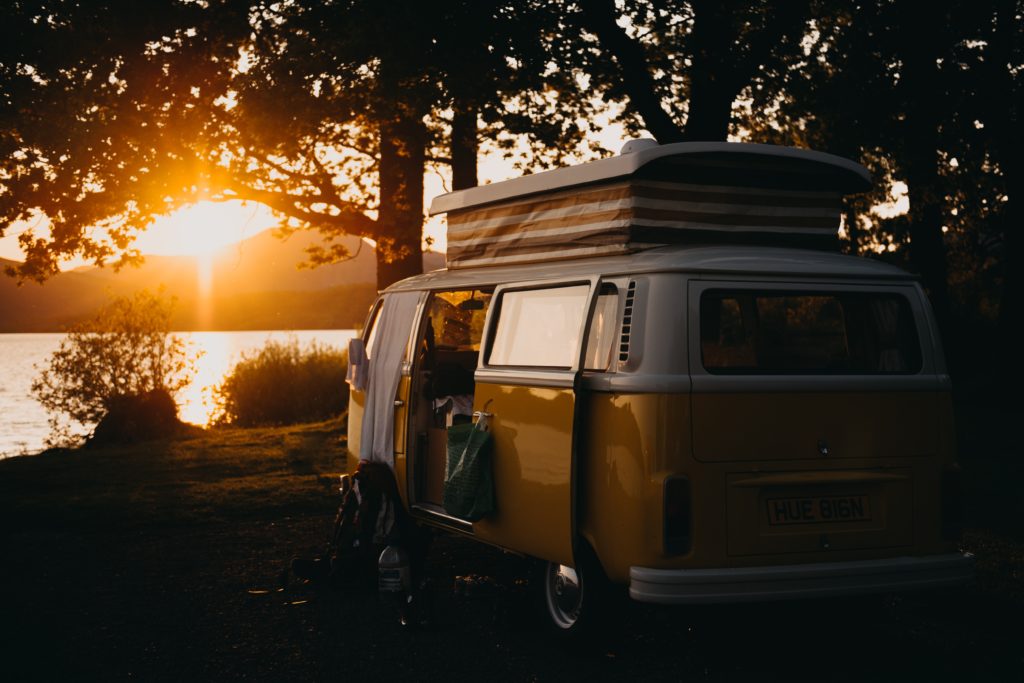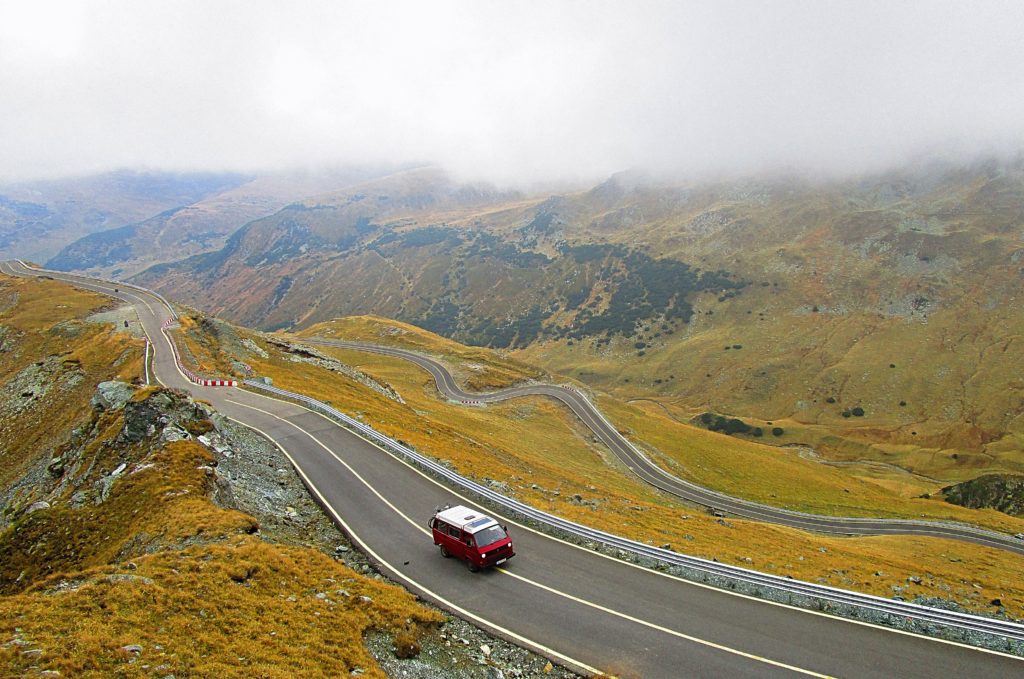Years ago, I wrote this piece about the zero-waste program in the US and San Franciso in particular. I have been recently contacted by Jacky, Editor at Your RV Lifestyle. She found the article interesting and wanted to see if we could collaborate in any way. I thought this was a fantastic opportunity to learn and to share more and fresh information about the different ways we can be sustainable, I had to learn first of all what the RV lifestyle is because I was not familiar with the term. Wikipedia explains that RV is the abbreviation of Recreational Vehicle.
Wikipedia describes the RV a motor vehicle or trailer which includes living quarters designed for accommodation. Types of RVs include motorhomes, campervans, caravans (also known as travel trailers and camper trailers), fifth-wheel trailers, popup campers, and truck campers.

Jacky very kindly shared with me the detailed guide that she with her team just finished writing on how to live a zero-waste RV lifestyle.
In my opinion, this is a very interesting guide that also you, my fantastic and very aware readers would find useful.
I reflected a lot before publishing this piece, often it happens that we can find just some of the solutions we need to improve and make our life more sustainable. I agree with the guide, talking about zero waste shouldn’t limit us to only consider daily waste produced, instead, we should go deeper and analyze how a zero waste life should be. In the case of the RV lifestyle expand the consideration from the daily waste could bring to positive and negative aspects of the lifestyle itself.
Positive!
Having limited space is part of the RV lifestyle, this is a good starting point to have less, to buy less, to ask for less helping the industry to produce less and better. The wastes saved when you decide to buy less has to be added to the valuation.
Negative!
RVs are movable vehicles, this means we HAVE to consider the source of energy that allows the movement. Do we have waste during the production and use of energy to move around? What is the technology and what are the materials necessary to obtain renewable energy to move around our vehicle? All this has to be considered in the valuation of a zero-waste RV lifestyle
Both positive and negative are 2 big topics that can influence how people want to live.
Going back to the guide, I find interesting in particular the upcycling ideas for an RV Kitchen that includes a number of savy tips for improving the space without having to buy anything new. Also, the tips for the living space includes ideas of upcycling and choosing the best materials possible for a longer life of the furniture. Enjoy reading the guide and happy to hear from you!
Sara
Source
- Your RV Lifestyle – How to Choose, Afford and Enjoy It https://www.your-rv-lifestyle.com/
- how to live a zero-waste RV lifestyle https://www.your-rv-lifestyle.com/zero-waste-lifestyle-rv/

